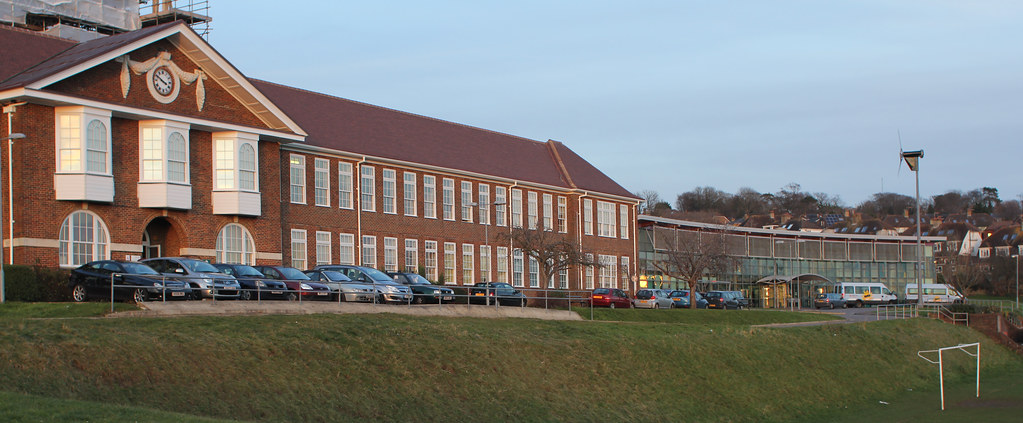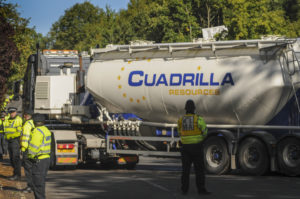
Blatchington Mill School has enough solar capacity to save thousands of pounds on the school’s electricity bills. Brighton and Hove City Council rejected the schools application for solar panels
Brighton and Hove City Council (BHCC) has a dismal track record on solar PV. Of the city’s 119 schools and colleges, only four have solar on them. This is a remarkable failure, especially given what other more progressive authorities have done. Indeed BHCC is actively resistant to the development of solar PV on corporate properties.
We want to do something about this sorry situation. That’s why, on 9th April, we’ll be discussing this issue as part of Brighton Energy Coop’s working groups meeting at the Brighthelm centre, 7pm. We want to test the appetite for pressuring the council – under leader Jason Kitcat – to move on solarising Brighton’s schools, and force those standing (or re-standing) for office to take a position on it.
This is not a technological or financial problem, it’s political. Solar has been demonstrated to be beneficial to thousands of schools nationwide. And there have – over the years – been many ways of financing such schemes, including schemes like Brighton Energy Coop that fund renewable energy via the contributions of hundreds of local people.
The problem in Brighton lies with the officers in charge of the property portfolio – see our briefing note below.
Do come along if you’d like to join the campaign to get solar on Brighton’s schools, we’d love to see you there and don’t forget to RSVP!
After the meeting BEC members will also be holding an EGM at the end of the meeting to confirm our new director Terry Walker. Check out his Linkedin profile here.
Will
Brighton Energy Coop
Solar on Brighton’s Schools: the situation so far
There’s a good reason why B&H schools are largely solar-free: head of Property Angela Dymott won’t let them do it. While Council leader Jason Kitcat has said “School governors and headteachers are ultimately in the driving seat on this, not the council,” this is not, in fact, the case.
Blatchington Mill School discovered this when the headteacher and board of governors unanimously decided they wanted Brighton Energy Coop to install solar panels. On approaching BHCC with their decision, officer Dymott turned them down, as she has done with many others.
Angela Dymott’s failure to deploy PV on public buildings is spectacular. The Property Department owns more than 2,000 buildings – see BHCC Property Department owned properties (Excel file). Almost none have solar PV on them.
In a recent email exchange, Council leader Jason Kitcat maintained that a fund is available for schools to borrow from to buy solar panels. But the fund he’s talking about is itself funded by central government. So any schools borrowing from it end up paying the government the majority of feed-in-tariff benefits (in the form of debt interest).
Surely it’s better to retain the cash in the local economy, via such a vehicle as Brighton Energy Coop. Our 280 members (95% of whom live in Brighton and Hove) have funded £700,000 of solar PV so far, and we’re due to return £70,000 to them in August and the same yearly from there on. That’s what a local economy looks like – we don’t need to leave it to outsiders, but we do need the support of our local authority to do it.

